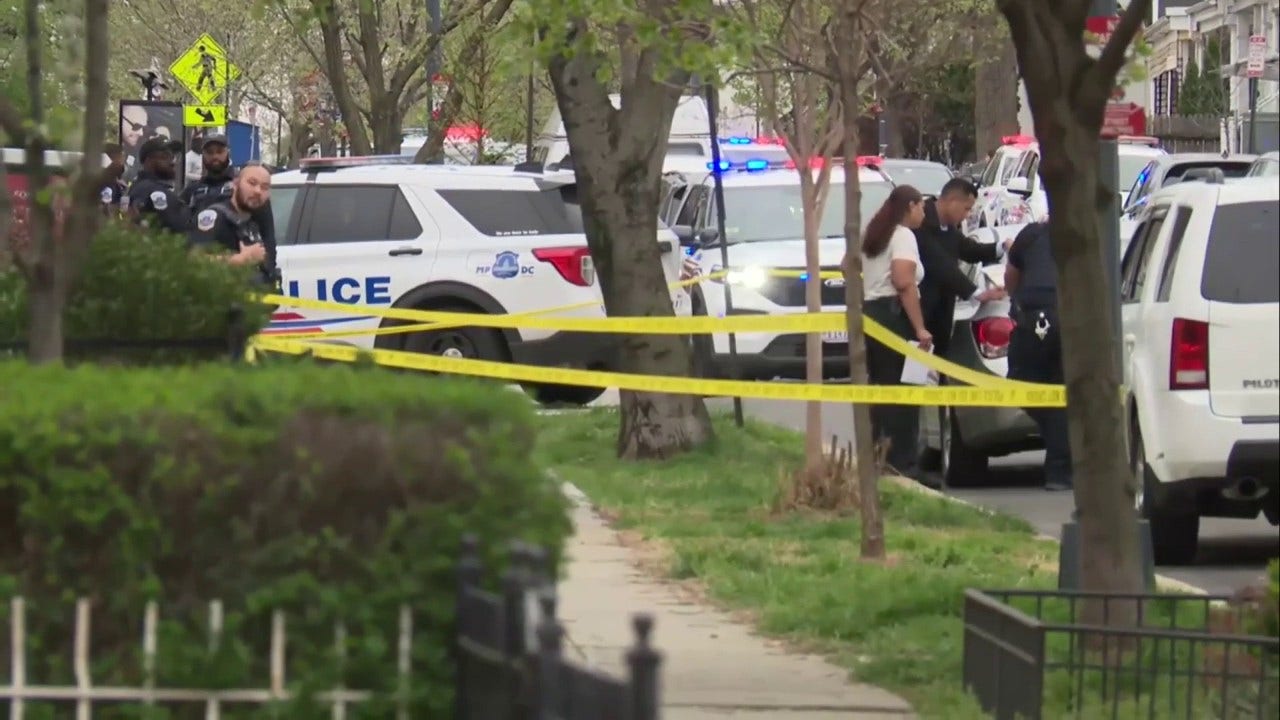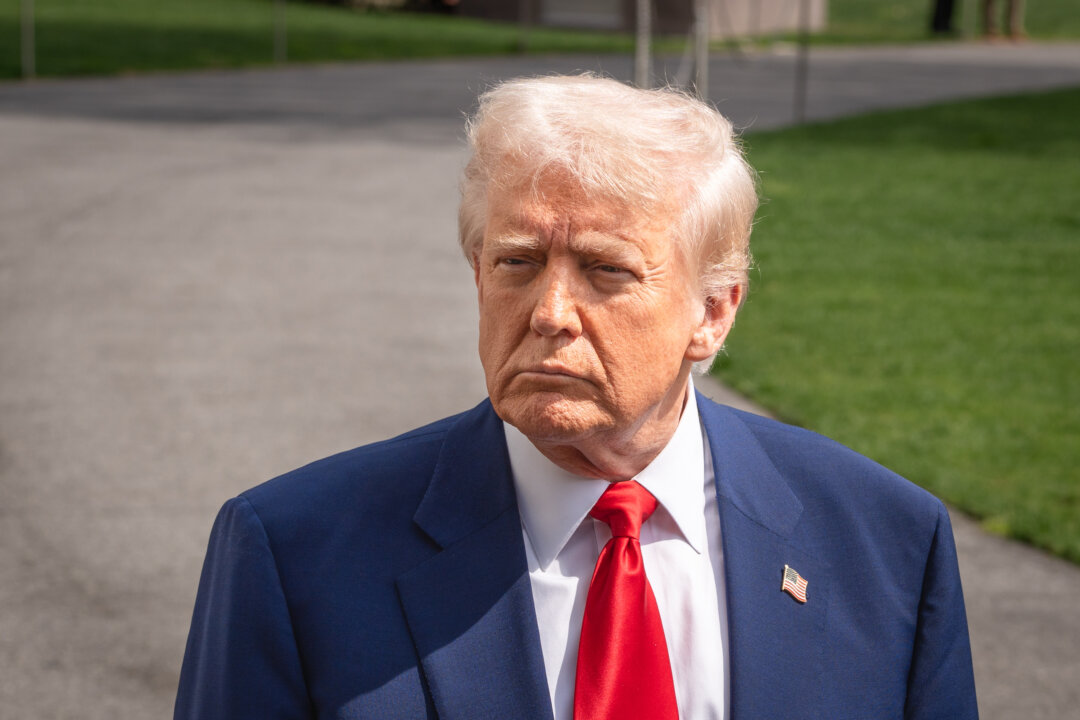“What can people who value life do in the face of those who worship Death?” This is the urgent question at the heart of a vital new book, On Democracies and Death Cults, by a dear friend of The Free Press: Douglas Murray.
If you’re reading this, you probably care about freedom. The freedom to speak your mind. To vote in elections. To host dinner parties and argue about politics and perhaps even fall in love. But are you willing to defend your right to do these things? What would you be willing to sacrifice for those freedoms?
Another way of asking that question is: If war came, would the West defend itself?
Douglas used to be pessimistic about this question. Then came October 7, 2023. He was at home in New York when he heard the news that Israel—a country he had visited many times, and where he had many beloved friends—had been invaded by terrorists. The next day, in Times Square, Americans gathered to protest not the terrorists but the democracy under attack. Douglas decided he needed to fly, as soon as possible, to Tel Aviv—a place where moral clarity still seemed to exist. And in the months that followed, as the war ground on, he returned to Israel many times to cover the conflict. He met the young soldiers defending the nation from Hamas and Hezbollah. He spent time with the pathologists identifying the bodies of the Israelis murdered on October 7, and he came face-to-face with those who survived—as well as with some of the terrorists, now prisoners, who committed the atrocities.
On Democracies and Death Cults, which is out April 8, is an account of Douglas’s time in Israel during the first year of the war, and we’re so honored to publish an excerpt today. In the following piece, Douglas reflects on witnessing both the very best and very worst of humanity.
In his book’s epigraph, Douglas quotes the Soviet dissident Vasily Grossman, who recorded atrocities in the USSR that the authorities would have preferred to cover up: “Someone might ask: ‘Why write about this, why remember all that?’ It is the writer’s duty to tell this terrible truth, and it is the civilian duty of the reader to learn it.” As readers ourselves, we take that duty seriously. —The Editors
War heightens every human emotion. It is easier to hate in wartime, obviously. But it is also easier to love. The usual expectation that we will die in our eighth or ninth decade, quietly in our beds, is stripped away—and when you are forced to wonder whether you will live to see tomorrow, everything today is different.
This is one of the things that makes war so fascinating: It reveals the meaning of things.
Maintaining The Free Press is Expensive!
To support independent journalism, and unlock all of our investigative stories and provocative commentary about the world as it actually is, subscribe below.
Subscriber Benefits:
Full access to all articles, investigations and columns
Access to the comments section on every piece we publish
Weekly columns from Nellie Bowles, Douglas Murray, and Bari Weiss
First chance to purchase tickets for live Free Press events

 By The Free Press | Created at 2025-04-02 17:47:25 | Updated at 2025-04-04 00:48:23
1 day ago
By The Free Press | Created at 2025-04-02 17:47:25 | Updated at 2025-04-04 00:48:23
1 day ago









